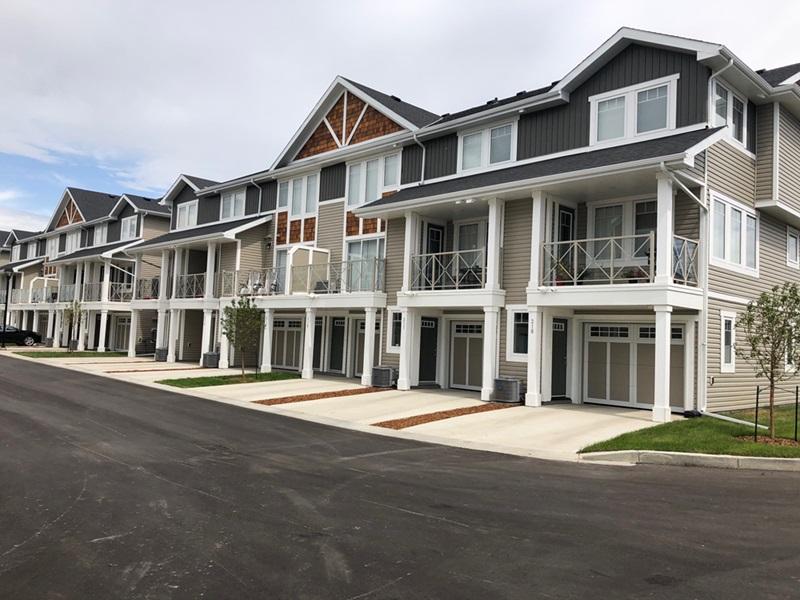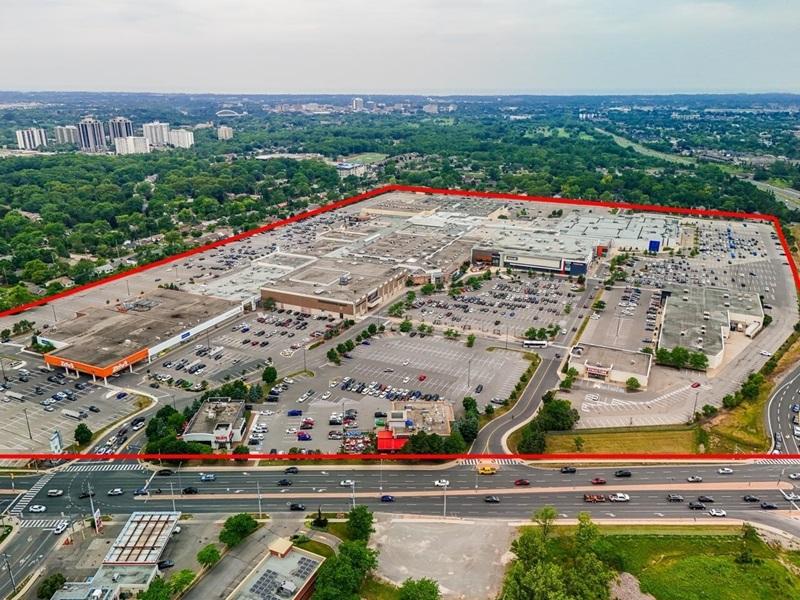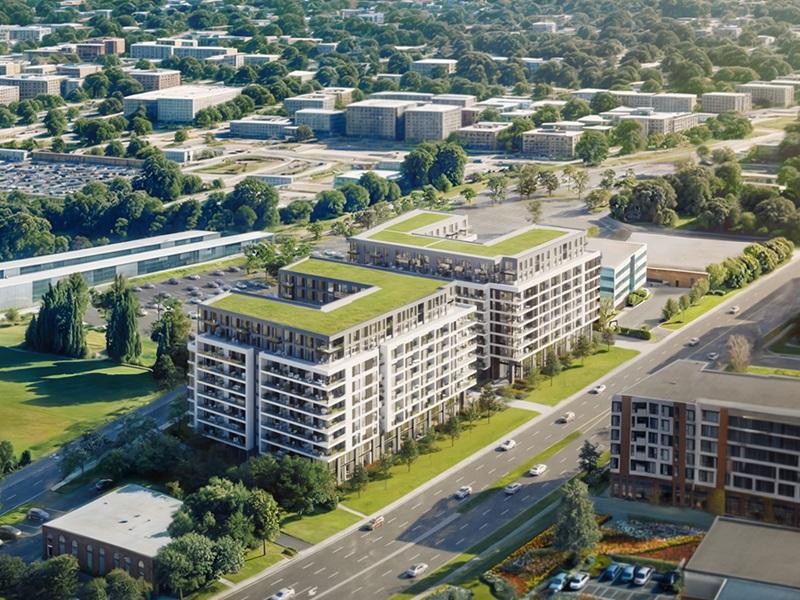 Self-driving, driverless, autonomous – call it what you will, but a car on the road without a driver behind the wheel has long left the realm of science fiction.
Self-driving, driverless, autonomous – call it what you will, but a car on the road without a driver behind the wheel has long left the realm of science fiction.
Let me state one thing up front – I’m skeptical and have yet to be convinced that the driverless car is set to take over the road. But what do I know. I remember, 35 years ago, talking to my wife when the home computer was becoming popular and wondering what possible use we could have for such a thing. Today, our house is littered with laptops, tablets and smartphones. Cable TV and landline long distance are things of the past for us. Who’d have thought?
“Impossible” is a word I’ve learned to never use.
So assuming the world envisioned by the brain trusts at Google, Tesla, Uber et al. does come to pass in the next five, 10 or 15 years. What then?
What could we do with 90% of all that space?
In today’s world, most cars spend 95 per cent of their time parked and waiting. But fleets of autonomous cars could shuffle around like public transit. In this future world, nobody would need to own a car any more, they would just call for one on an app when they need it. Cars are always in rotation, going from one user to another.
Think about that – does that eliminate the need for parking lots, parking garages, even your driveway?
By some estimates, the need for 90 per cent of current parking will be eliminated.
Which begs the question – have huge swaths of development land just been opened up in the urban landscape?
By one estimate, if you totaled up all the land devoted to parking in the U.S. alone, it would be 6,500 square miles (almost 17,000 square kilometres). Look at it this way – my parking space and my share of the lane to access it is 3.5 times the size of my cozy little, but very adequate, office.
Not a necessary evil anymore
Parking has long been considered a necessary evil. Managing traffic is the thorn in the side of just about every urban or suburban development. It has to be managed, policed, provided with huge investments of infrastructure for things like parkades and underground garages. Core city nieghbourhoods trying to revitalize themselves and attract new residents and shoppers are always contending with a lack of parking.
But if 90 per cent of the space that has to be devoted to parking could be repurposed, what then? Urban densification and infill could take place on a scale like never before, without having to scrape the sky with glass monoliths that spark community NYMBYism. There would be plenty of room for more acceptable low-rise developments. Urban gardens shared by a community might flourish, giving cities an agricultural economy to make them more self-sufficient.
This might sound like I’m a dreamer, but I’m no John Lennon. I’m just trying to read the writing on the wall. We haven’t faced a shakeup in urban planning like this since the automobile became accessible to the average family. Ford and the Model T shook up the 20th Century, and Google may be about to do the same now.
But are consumers ready?
I have little doubt the technology is there and just in need of refinement. The biggest bottleneck will be consumer adoption. It’s not just about getting comfortable with the idea of a car driving itself. Many of us attach a lot of prestige, identity and independence to vehicle ownership. But that sentiment too is changing, especially among the younger generation. Car-sharing services have been around for years. My son uses one, whenever he wants, to go wherever he wants. His total annual cost is only a fifth of my total costs to own and maintain my car.
People may like their cars, but most tend to like their money more. Give them a good enough alternative and we’ll see how fast our society changes.
The impact will be huge, but in a good way?
It’s hard to grasp how all this will work in practice. Will fleets of autonomous cars be taken care of by robotic attendants that keep them tuned, fueled, cleaned and stored as needed? Does that mean a whole raft of people who run dealerships, garages and car washes will be out of business? Will you never have to worry about maintenance or insurance again?
And who will own these fleets when the automobile becomes a form of mass transit, even a utility – car rental companies through leases from the automakers, or the car-sharing companies that already exist?
So many questions that still beg to be answered. But one thing is for certain, if the autonomous car does lie in our near future, real estate is in for a big shakeup. Whether for good or ill remains to be seen.
Can you say “disruptive technology?”
To discuss this or any other valuation topic in the context of your property, please contact me at jclark@regionalgroup.com. I am also interested in your feedback and suggestions for future articles.







